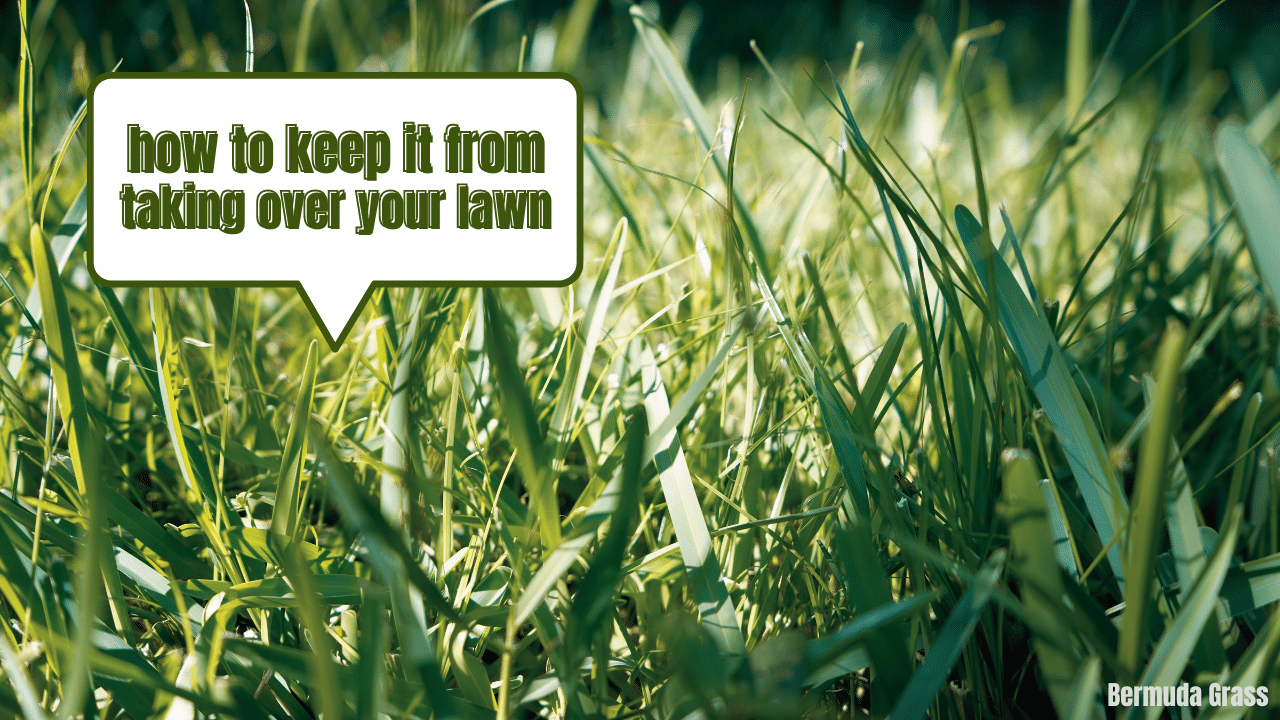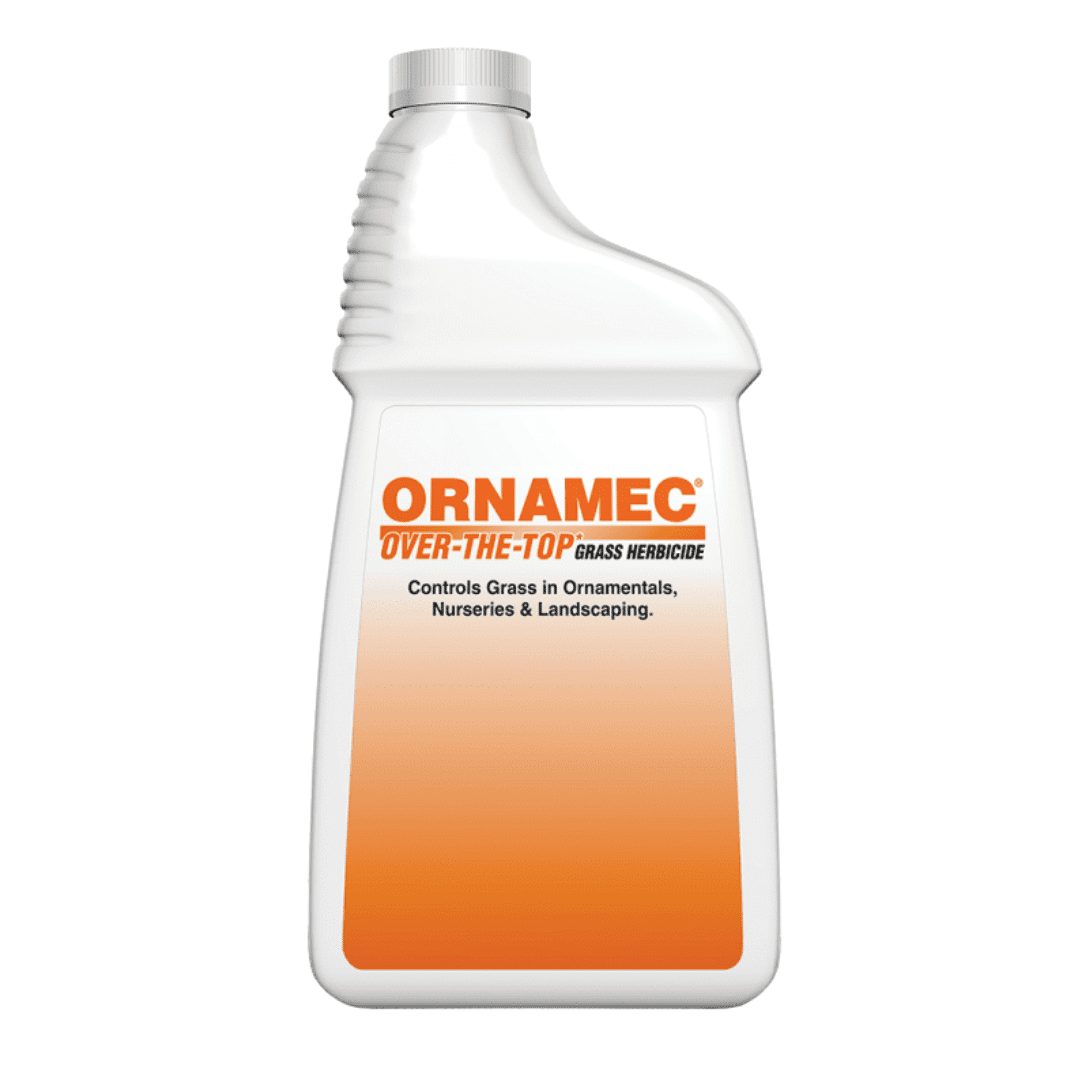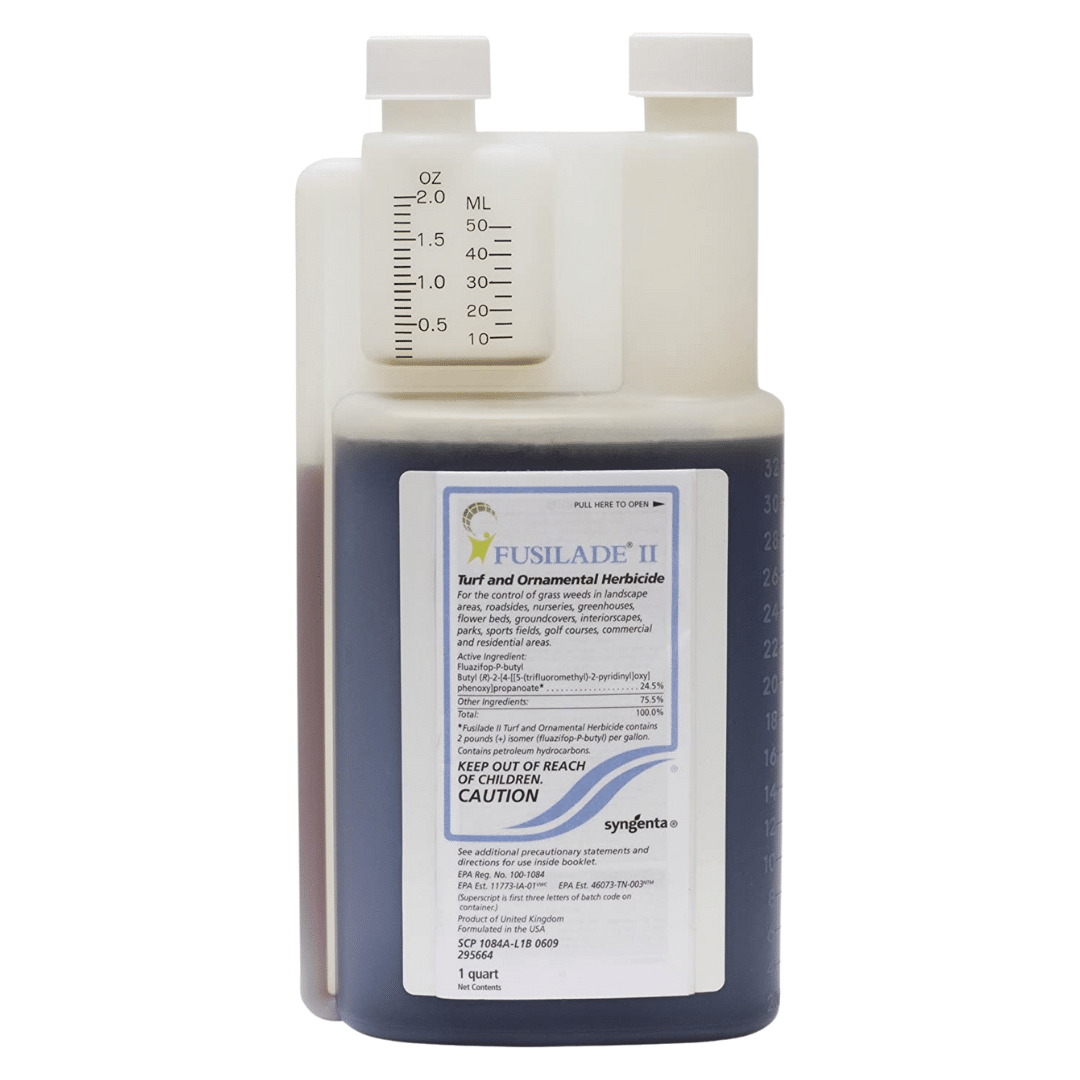There are several reasons why Bermuda grass (Cynodon dactylon) is one of the most preferred lawn grass throughout the country. For one, it thrives in the heat, is incredibly resistant to heavy wear and tear, and is relatively drought tolerant.
But if there's one thing you need to note about growing Bermuda grass, it takes over pretty quickly and completely takes over a lawn in no time. Hence, it can be particularly challenging to control. We've prepared this article to help you learn how to eliminate Bermuda grass while preserving the plants you want to maintain in your garden.
5 Effective Methods for Bermuda Grass Control

Many homeowners research different methods to kill pesky Bermuda grass. This includes choking out Bermuda grass, solarizing it, or using a commercial herbicide. It can also be eliminated quickly by spot treatment for minor infestations. Note that the tenacious roots must be removed thoroughly to prevent unwanted Bermuda grass from re-establishing itself.
Here are five fool-proof ways to eliminate Bermuda grass on your lawn if you're one of them. (Further Reading: Bermuda Grass Management Guidelines)
1. Strip the Bermuda Grass
One way to kill Bermuda grass is to strip it off your lawn. All types of residential lawns, including Bermuda, can be removed using this procedure. Once the soil beneath the grass is removed, three layers of cardboard are placed over it, with four to five inches of mulch, then put on top. Let the entire area sit for around six months.
Important Note: Once you've gotten rid of pesky Bermuda using this method, they might make a reappearance after a year. This is because its seeds are in the air.
2. Use a Commercial Bermuda Grass Killer
The answer is simple if you're looking for the solution to what kills Bermuda grass. Commercial herbicides. Choose an effective herbicide against perennial grassy weeds, including Bermuda grass, torpedo grass, and quackgrass– as these products are formulated to eliminate these weeds quickly. (Related: The Best Weed and Feed for Bermuda Grass (+ Lawn Care Tips))

Ornamec® Over-the-top Grass Herbicide

Fusilade II Turf and Ornamental Herbicide
One good Bermuda grass killer is the Ornamec® Over-The-Top Grass Herbicide, an excellent choice for landscape bed maintenance. After five days, the active component starts to take effect. Use the Fusilade II Turf and Ornamental Herbicide to deal with more extensive lawns. To ensure the correct results, always follow the label's instructions religiously.
3. Choke out Bermuda Grass Weeds
If you don't want to wait full six months before you can kill off Bermuda grass, you may opt to choke them out instead. Start by removing the grass using a grass scraper before laying down a piece of landscaping fabric. Next, make tiny holes in the material, right where you want to plant.
While this expert-backed approach does not work for annual and vegetable beds, it can be somewhat effective for permanent plantings such as shrub and perennial borders. Then, mulch (such as decaying leaves, bark, or compost) should be placed over the cloth to prevent extensive damage from the constant sun exposure. As much as possible, use drip irrigation to water only the regions that are planted.
4. Solarization
The most excellent time to solarize unwanted Bermuda grass is sometime in the summer, when there is typically a lot of direct sunlight and soil heat. Bermuda grass will eventually die as a result of the heat and sun exposure.
Important Note: Covering Bermuda with clear plastic and letting the sun bake it to death can be highly effective in the summer. But it is ineffective if you live near the shore where the summers are frequently chilly. It may not also work as intended in shaded locations.
Alternatively, you may first cease watering the grass and let it turn brown. After that, cut it as short as you can and rake the clippings up. Once your turf has been watered, it should be covered with thick, clear plastic and left in place for four to six weeks. Follow the steps below to solarize and eliminate Bermuda grass in the summer:
5. Cultivation
You can also kill Bermuda grass in the fall and winter when it is cooler outside and has recently rained. Start by breaking up the soil by digging 4 to 6 inches before dividing the area into clusters and manually pulling out the roots to save as much topsoil as possible. Put sod and roots on a tarp afterward to allow them to dry out for a few days. Shake off the extra soil if you want to conserve even more ground.
Since Bermuda grass roots aren't particularly heat-tolerant, this strategy works best in the summer or arid areas. To cultivate Bermuda grass, you must plow your lawn's soil to a depth of around six inches. All underground roots will be brought to the surface as a result, where they can be allowed to dry out and eventually die.
Important Note: To ensure that all Bermuda grass rhizomes and stolons are eliminated, repeat the cultivation process every two weeks– and do it as often as necessary.
Frequently Asked Questions (FAQs)
Is Bermuda grass a popular weed for residential lawns?
Bermuda grass comes in different kinds that are used for lawns, hay, and gold courses. Despite being useful in these ways, this resilient grass is also an invasive weed, particularly in zoysia and tall fescue lawns. A fast-spreading Bermuda grass weed can take over your beautiful flower bed before you can even notice it. Using a herbicide is not recommended if you are planning to eliminate Bermuda grass from your zoysia or fescue turfgrass. The chemicals from the herbicide may damage your other grass varieties too. However, you may use different chemical and mechanical methods to kill Bermuda grass when it comes to flower bed weed invasions.
Can I choke out invasive Bermuda grass with Fescue?
Promoting the growth of your fescue lawn is one of the best ways to eliminate Bermuda grass. You can do this by applying Fusilade Selective Herbicide II and regularly mowing your lawn to encourage thick and full fescue grass growth– choking out the Bermuda grass weeds.
Does vinegar kill Bermuda grass?
Vinegar is a natural weed killer and efficiently eliminates Bermuda grass weeds. Applying a 10% of vinegar solution can allow you to eradicate the weeds in your lawn organically. However, you must be careful when using this method because vinegar is a non-selective natural weed killer. It can easily damage or destroy your grass lawn along with unwanted weeds.
Can I dig up Bermuda grass?
Yes, Bermuda grass can be dug up, but it can be a challenging process. If the grass is in a small area with no other available options, it is only when digging it up will be your best choice. Besides having roots underground, Bermuda grass also has thick rhizomes that grow sideways. Your hard work will be wasted if new grass shoots grow from rhizomes that are left behind.
How can I manage Bermuda grass naturally?
Maintaining a thick and healthy turf is the best way to avoid Bermuda grass from taking over your lawn. Keep a reasonably high mowing height (3 to 3 ½ inches tall), water to 6 inches twice a week, and fertilize at the right time and rate for your sod species. Bermuda grass invasion can be reduced by the addition of mulching flower and plant beds. Bermuda grass may be easily controlled in areas with no other plants through solarization with black plastic or constant rototilling while withholding water. (Related: Here’s How to Achieve a Thicker, Greener Bermuda Grass Lawn)
How can I deal with severe Bermuda grass infestation on my lawn?
It will be best to bring out the big guns if Bermuda grass continues to threaten your lawn. As much as we want to avoid chemical warfare, it might be necessary sometimes to eradicate this persistent grass. As with everything, timing is crucial. Treat it between May and September when the weed is actively growing. Apply again before new growth reaches the same height in the early spring when growth is less than 6 inches high. Triclopyr is one of the chemical controls usually available in nurseries, but most of them must be applied by a licensed professional. During the growing season, carefully follow the instructions and apply them every four weeks.
